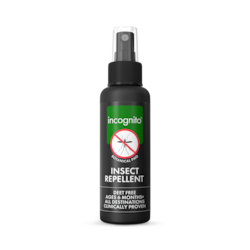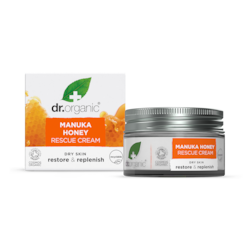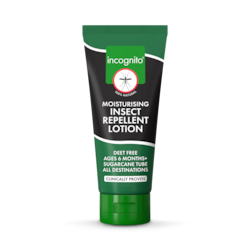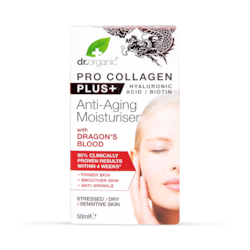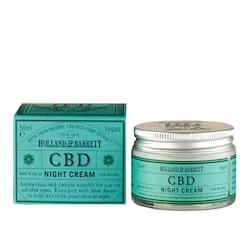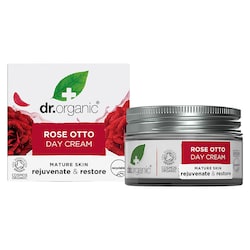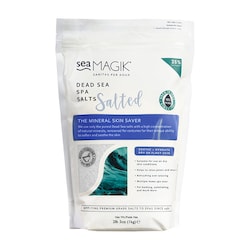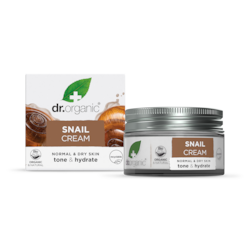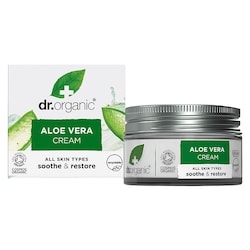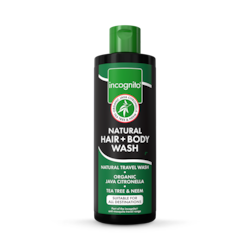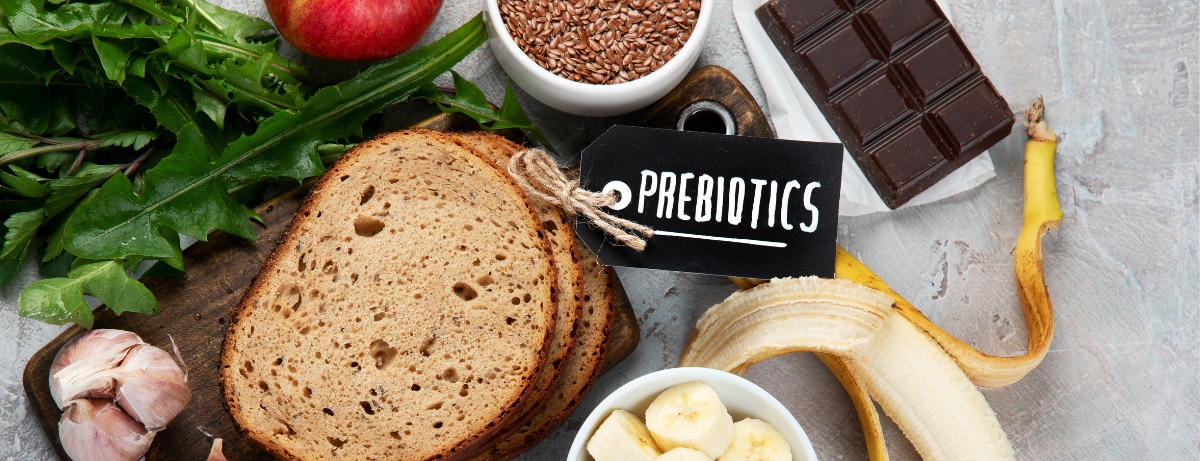20% off £30
Code:QUICK
What is gluten intolerance and how can it be managed?
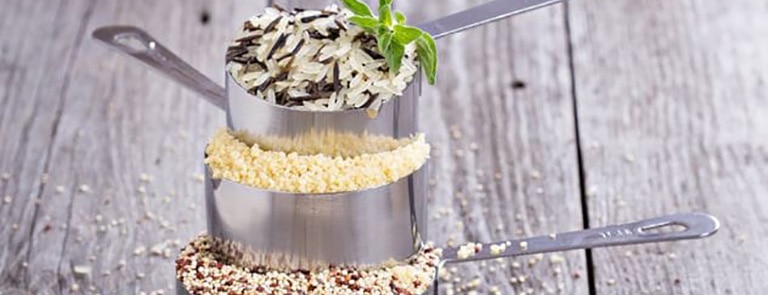
Gluten-intolerance is a problem with gluten, a protein found in wheat, rye & barley. It can cause a range of digestives issues, like bloating & diarrhoea.
Gluten is a protein found in wheat, rye and barley. If you have symptoms after eating foods that contain it, such as tummy problems, could you benefit from going gluten-free?
As many as 45 per cent of people in the UK suffer from a food intolerance. A gluten-intolerance is a problem with gluten, a protein, which binds food together and is found in wheat, rye and barley. While you might expect to find gluten in bread, pasta, cereals, flour, cakes and biscuits, it also features in many processed foods such as soups, sauces and ready-meals.
Food intolerance is more common than food allergy – although it can be harder to recognise and diagnose. This is because food intolerance symptoms are often delayed, striking several hours after you have eaten the food that you are intolerant of. Symptoms may also appear only if you eat a lot of the food you are intolerant of – or if you eat that food very often. In fact, people who are intolerant of a particular food can sometimes eat a small quantity of that food without any symptoms at all. Another barrier to correctly identifying food intolerance is that some people have problems with more than one type of food – gluten-based and dairy foods for example.
By comparison, food allergy symptoms are immediate and potentially serious. An allergic reaction to food by your immune system will trigger allergy symptoms such as a rash and itching but can also cause difficulty swallowing, abdominal pain and anaphylaxis, which is an extreme and severe allergic reaction.



